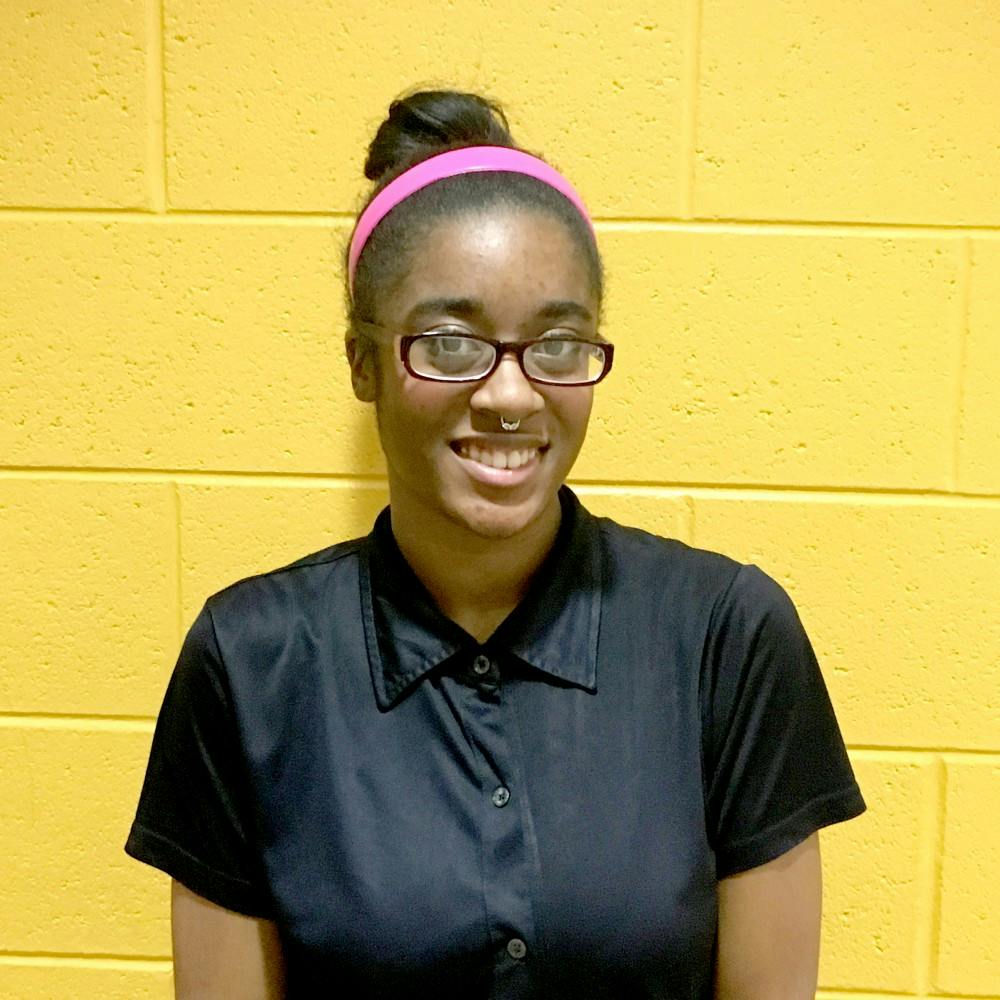Many Detroit Public Schools teachers participating in sick-outs are not actually sick. Large groups of teachers are calling in “sick” to push for upgrades in schools because they cannot strike under state law.
Teachers across the district (some students as well) are using this as a way of getting their points across, whether it’s striking outside of local schools or boycotting in front of Cobo Center while President Barack Obama toured the Detroit auto show.
More than 50,000 people protested for better school systems and higher wages that late January day, in the hopes of getting the president’s attention. In the process, more than 60 schools where closed due to the lack of staff, who were supposedly out sick.
Since 2006, Detroit Public Schools have been in a financial deficient of over $3.5 billion.
Since the state has officially taken control of the system, teachers’ salaries have been cut 30%. As a result, more than 50 schools in Detroit have been closed, leading to larger classes. There’s also a lack of investment in needed supplies and maintenance in open buildings.
The district has been trying to lock down on the benefits that teachers and students have been deprived of for so many years.
My personal opinion on the sick-outs has been questioned. I agree with the motive behind the movement, but it has affected our learning process. One day of missing school is “a day of missing knowledge,” as my father would say.
Nonetheless, this is a very serious topic and I agree that if we, the students, do not speak out on the situation, who will? We are in desperate need of a change.



